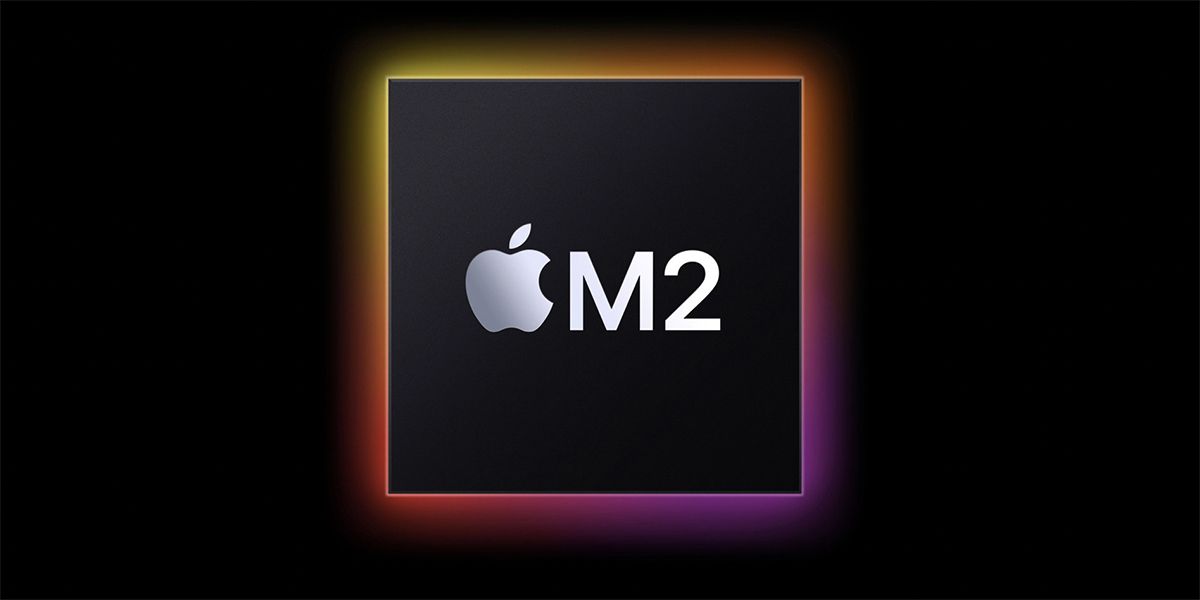Apple entered the processor market with its Apple silicon chips back in 2020, with the introduction of the M1 chip in the MacBook Pro. The company has slowly transitioned away from Intel processors, in favor of its own silicon chips, which offer greater performance and functionality for macOS.
These days, we’ve got M1 Pro, M1 Max, M1 Ultra, and event M2 Mac models. If your Mac is due for an upgrade, you may be considering whether you actually need an Apple silicon Mac or not. So here are all the points you need to consider.
Intel Macs Have a Limited Lifespan
Since Apple transitioned to its own silicon chips back in 2020, we’ve been seeing reduced support for its Intel systems. Every new Mac comes with a variant of Apple’s silicon chips these days, except for the Mac Pro which still has Intel Xeon processors.
Now that Apple isn’t producing many Intel computers, they have a limited lifespan. The company is bound to stop software updates for their Intel computers soon, which might also affect your Mac. Some of Apple’s newer features in recent macOS releases are only available on the Apple silicon Macs. This includes features like Live Text, Dictation, FaceTime Portrait mode, Object Capture, and more.
A MacBook is a big investment for many, especially with the prices going up for the premium version. With such a large investment, you don’t want to purchase an Intel Mac and find that Apple drops support for it in a few years. It’s better to buy an Apple silicon Mac, for which Apple should keep supporting for longer.
Apple Silicon Offers the Fastest Performance
One of the primary reasons Apple shifted to its own computer chips was the ability to produce better performance from of them. This, in turn, led to better performance and increased speeds for users on their Macs.
Reviewers and tech geeks have gawped over the performance specifications that the Apple silicon Macs offer over their predecessors, which are blown out of the water. So if you want better performance from your Mac, Apple silicon is the way to go. Due to the common architecture of the processors between the iPhone, iPad, and Mac, you can also run iOS applications on your Mac, which can be really helpful at times.
Another benefit of getting an Apple Silicon Mac is that it’s more energy-efficient, hence you get better battery life. This may not affect you that much if you’re looking to invest in an iMac, but if you’re going for a MacBook, it’s always better to have the longest battery life you can to help you on the road.
You Still Need an Intel Mac to Use Boot Camp
While Apple silicon chips have done wonders for macOS, the same cannot be said for Windows. Since Apple silicon chips run on ARM architecture, you cannot install Windows using Boot Camp on an Apple silicon Mac, which can be a significant issue for many.
While there are alternatives available, such as Parallels for installing Windows using virtualization software, you’ll have to stick with an Intel Mac if you’re looking to use Boot Camp to easily switch over to Windows.
Some Apps Have Yet Not Been Updated for Apple Silicon
Apple released its silicon chips at the end of 2020, which means that some developers have yet not gotten the chance to update their apps for the newer processor technology. This isn’t a huge issue, since the Apple silicon Macs are able to run any Intel-based app using Rosetta 2.
However, this does mean that those specific apps won’t be able to use the full potential of Apple’s chips, so you may miss out on better performance. It may be wiser to run the app on an Intel computer, where it could run better than on Apple’s silicon Macs.
Do You Really Need An Apple Silicon Mac?
If you are looking to buy a new Mac, you may be debating between purchasing an Intel Mac or an Apple silicon Mac. Chances are that you’re edging towards an Apple silicon Mac with all the new features coming out, but don’t be quick to dismiss an Intel Mac.
Depending on your line of work and the apps you need to run, you may find an Intel Mac to be handier. You might also get one cheaper, but be wary—it may soon not be supported by Apple.



